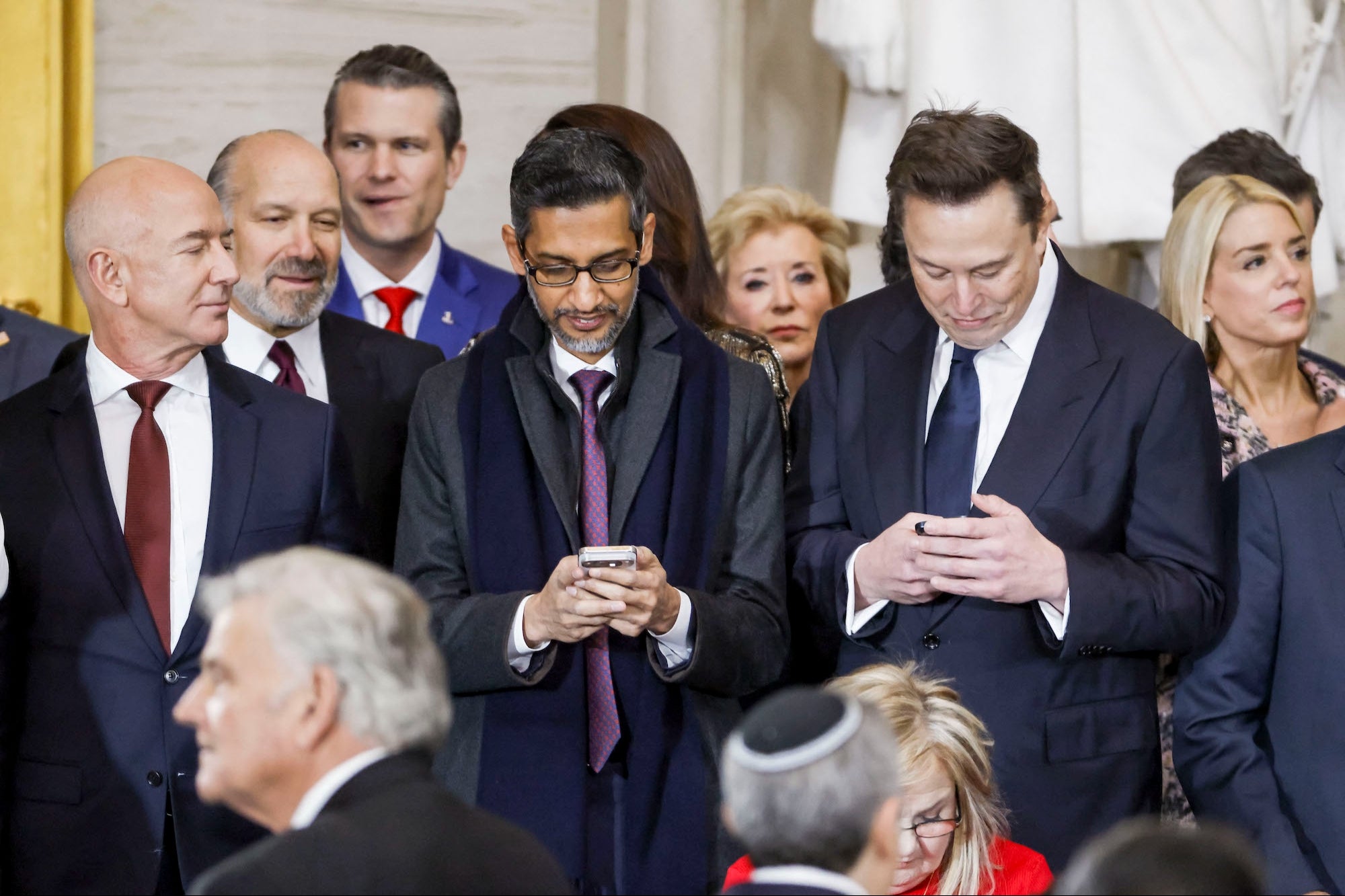As Inflation Soars, Consumers Want More Rewards and Shopping Incentives. Here's How to Give Them What They Want With inflation becoming a pressing concern for most consumers, the desire for rewards and other shopping incentives has increased. We examine these incentives' impact on consumer shopping behavior and brand affinity.
By Jordan Glazier Edited by Micah Zimmerman
Opinions expressed by Entrepreneur contributors are their own.
The current uncertain economy, coupled with rising inflation, is driving consumers to seek money-saving tactics, including cashback rewards, discounts, and online coupons.
Economic pressures are driving the broad adoption of shopping rewards programs, which are "crossing the chasm" from coupon clippers and early adopters to mainstream consumers seeking to cut costs any way they can.
In a survey commissioned by Wildfire and conducted by the research firm Big Village, we examined mainstream consumers' attitudes and expectations toward rewards and other shopping incentives. The findings revealed that 90% of respondents are more interested than ever in getting discounts, using coupons and earning cashback rewards when shopping online, precisely due to rising prices.
Related: 3 Secret Reasons Why Your Brand Needs a Rewards Program
Rewards and discounts affect online purchase behavior
Regardless of the economic environment, consumers will continue to shop. But in challenging financial times, they will modify their buying habits, for example, by purchasing store brands instead of more expensive options. Recent reporting on these types of behavioral shifts includes from Personetics, finding that almost 2 of 3 consumers are curbing spending on non-essentials due to the higher cost of living, and from Gartner, revealing that nearly 1 in 4 consumers will spend less on holiday shopping this year due to higher prices.
In such a setting, rewards and other incentives are a substantial factor influencing consumers' online shopping behavior. The availability of rewards and incentives directly and positively affects consumer behavior at the top of the purchase funnel (awareness and consideration) and the bottom (completing a purchase).
A key finding in the Wildfire survey reveals that rewards impact consumers' behavior even before they decide where to shop: 81% state that the availability of rewards is a factor when deciding which ecommerce retailer gets their business.
In addition to influencing where consumers shop, rewards and incentives further impact the decision to purchase, driving higher sales conversion rates. Findings show that most respondents are more likely to complete a purchase when they can earn cashback rewards or use a coupon or discount code.
Many consumers seek bargains when they shop online, and we expect consumers' propensity for ferreting out discounts will further increase as the economy tightens. The majority of respondents (61%) state they "always" or "often" look for coupons, discounts, cashback rewards or other ways to save on their purchases.
Based on these findings, the takeaways for any brand selling online are clear:
- Retailers can win the battle for consumer preference by offering rewards for shopping, either through native loyalty programs or online cashback rewards programs.
- Offering coupons through loyalty and rewards programs drive merchant benefits, including increased sales conversion.
- Businesses choosing not to offer such incentives are disadvantaged in consumers' selection of online shopping destinations.
Related: Why Trust and Incentives Help Consumers With Better Brand Selection
Responding to customer preferences for simplicity
Furthermore, consumers seek ease of use and want to access rewards and discounts conveniently within the natural flow of their online shopping behavior without detours or hurdles. Most consumers surveyed for Wildfire's report prefer rewards automatically applied at checkout or activating them while shopping without having to search elsewhere. Conversely, fewer consumers want to receive an email with a special offer, and even fewer still prefer to search through a directory of offers.
Consumers have spoken: the simpler and more convenient a rewards program or discount offer, the better. Consumers prefer easy-to-understand, simple-to-access rewards such as cashback over rewards like points, miles, or future discounts. The survey also revealed that 80% of respondents prefer cashback as their reward instead of points or credits towards future purchases.
The need for simplicity and convenience in rewards programs is borne out by other research. In the 2022 Loyalty Marketing & Rewards Program report from Comarch and Forrester, retail marketers were asked what they find to be the most critical elements of a loyalty program. The results showed that most are leaning toward offering cash rewards.
What's the implication for businesses considering a loyalty program? Online shoppers have become extremely savvy. They are now much more accustomed to seamless digital experiences, so their expectations regarding earning and redeeming rewards through retail loyalty programs or other shopping rewards programs have changed. Consumers are no longer willing to settle for jumping through hoops, and retailers will see low adoption for their program unless it is simple and convenient for customers to earn and redeem rewards.
Related: The Marketing Power of Rewards Programs
Conclusion
By offering easy-to-access shopping incentives — such as cashback and coupons — businesses selling online can meet the demands of today's value-seeking consumers. Through such programs, they cannot only positively influence consumers' purchase behavior but also provide some much-needed relief for their wallets.










